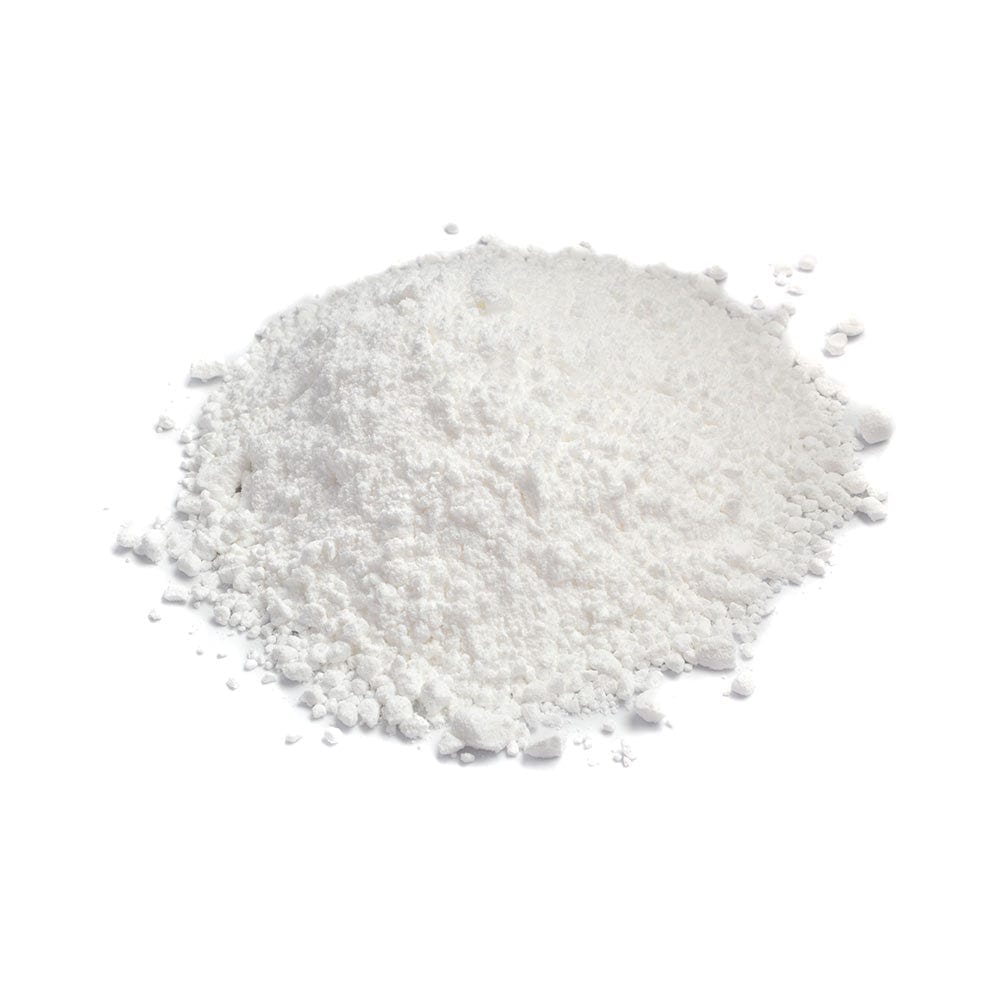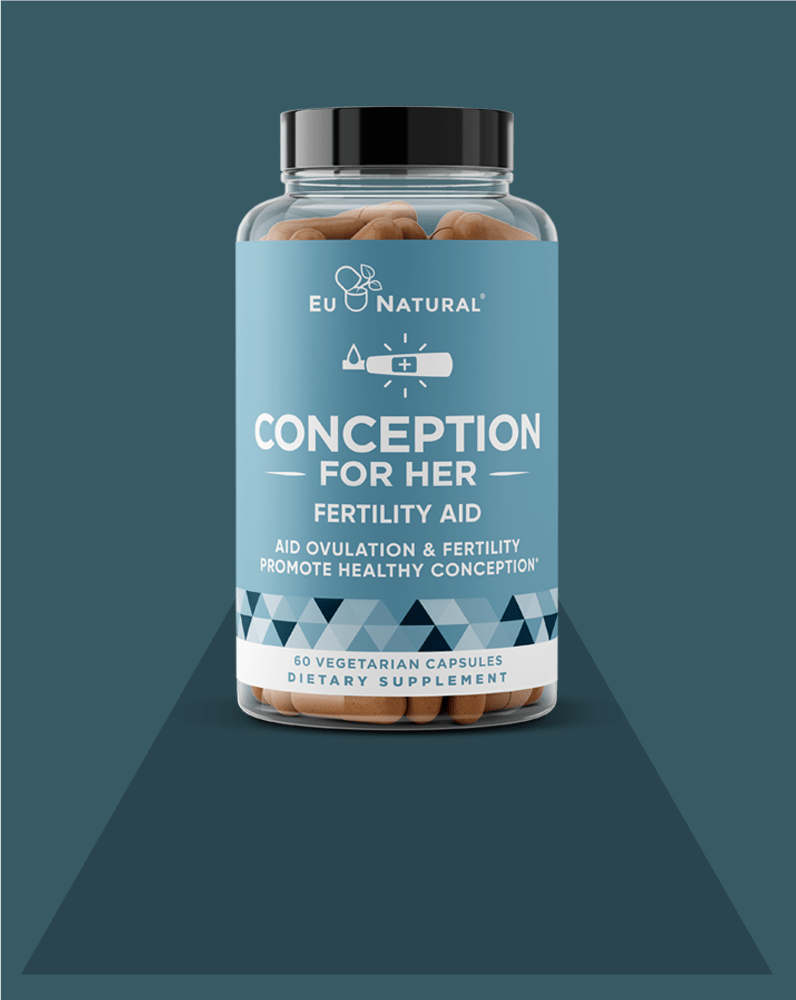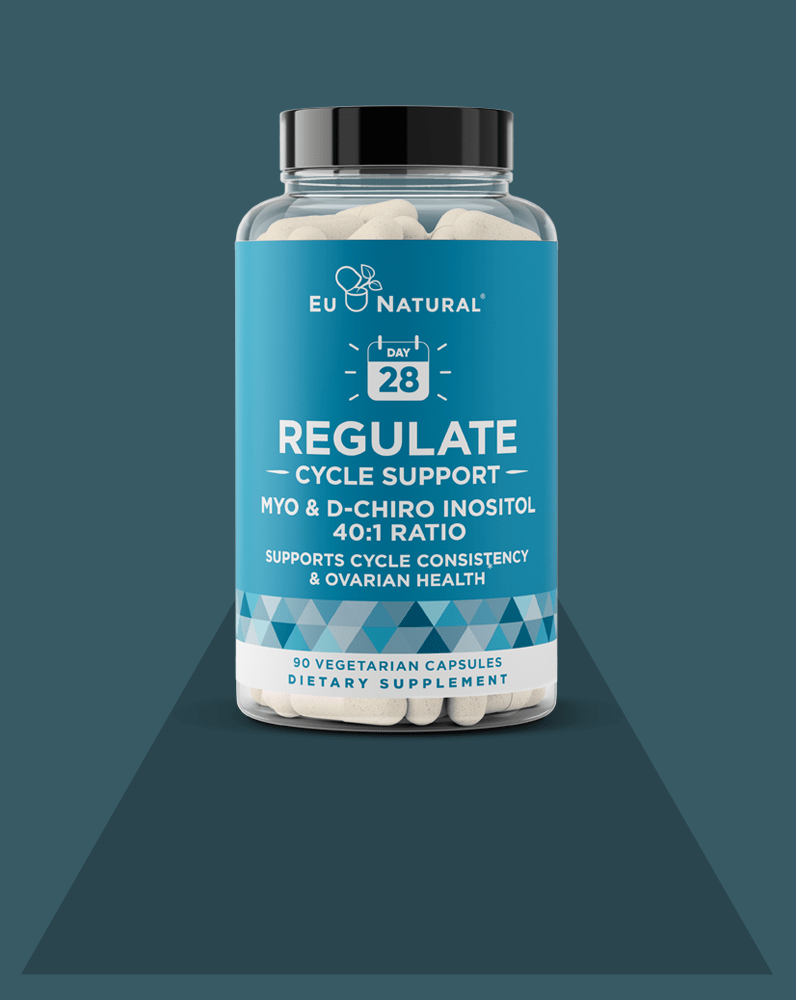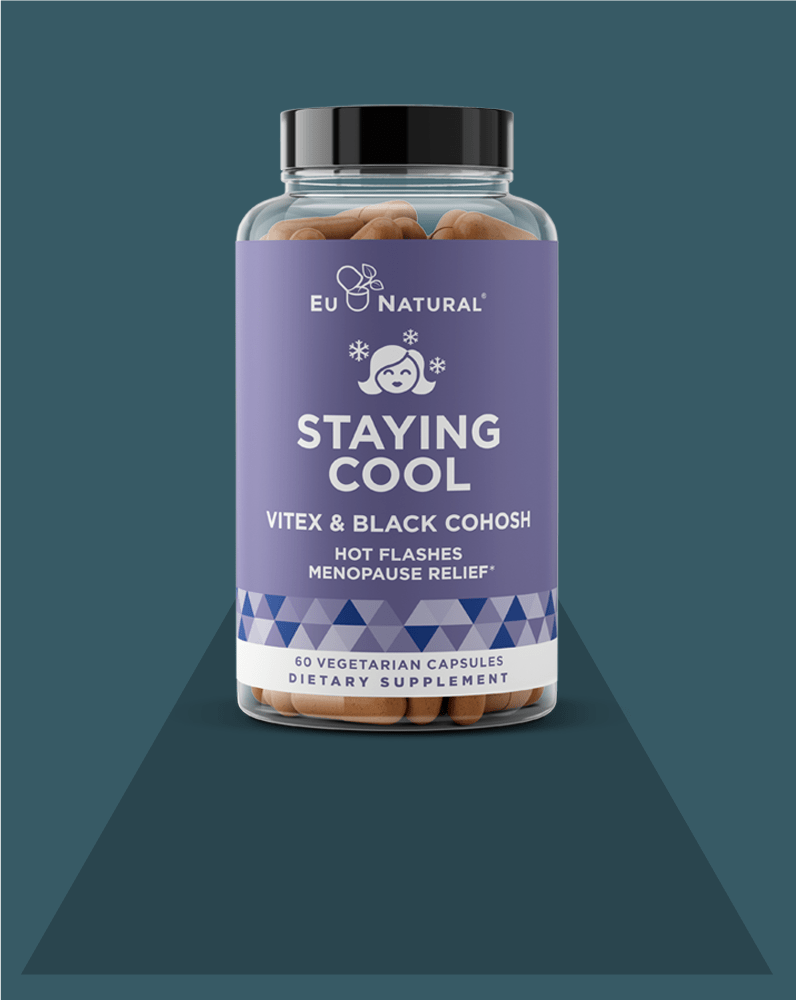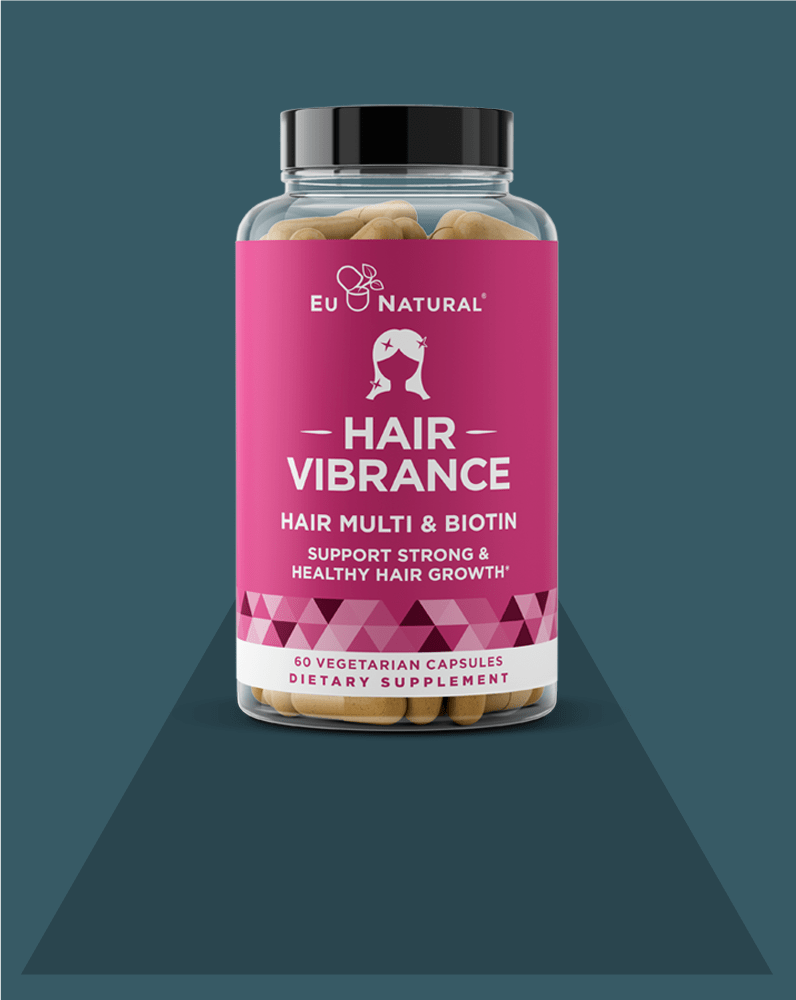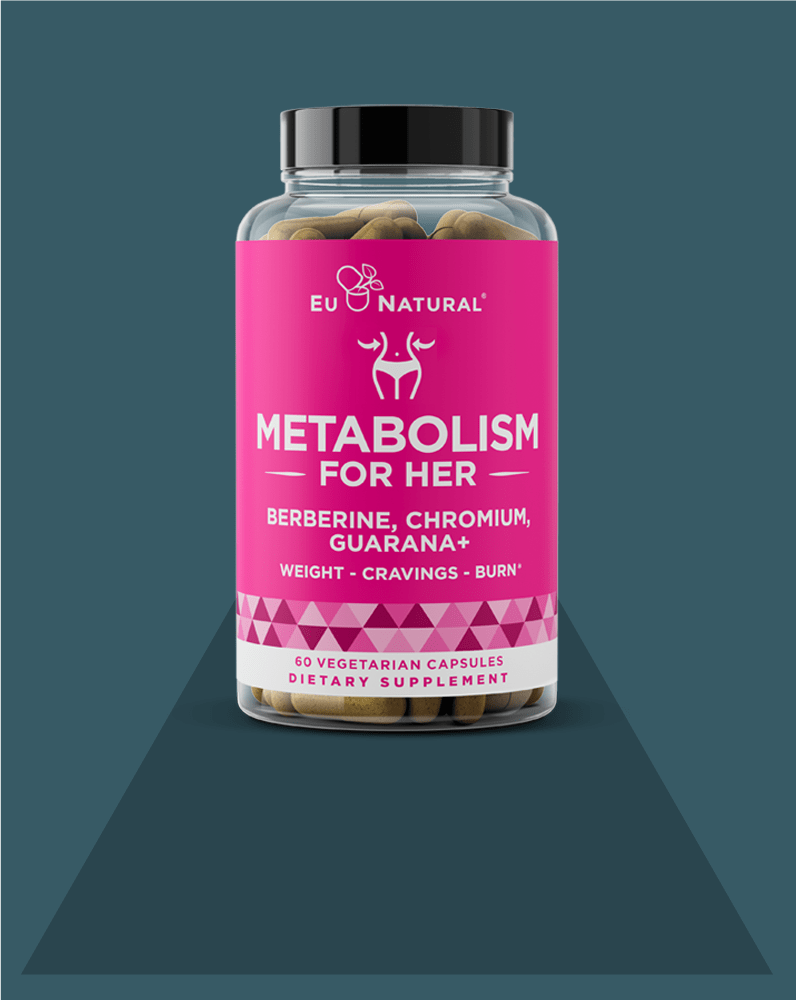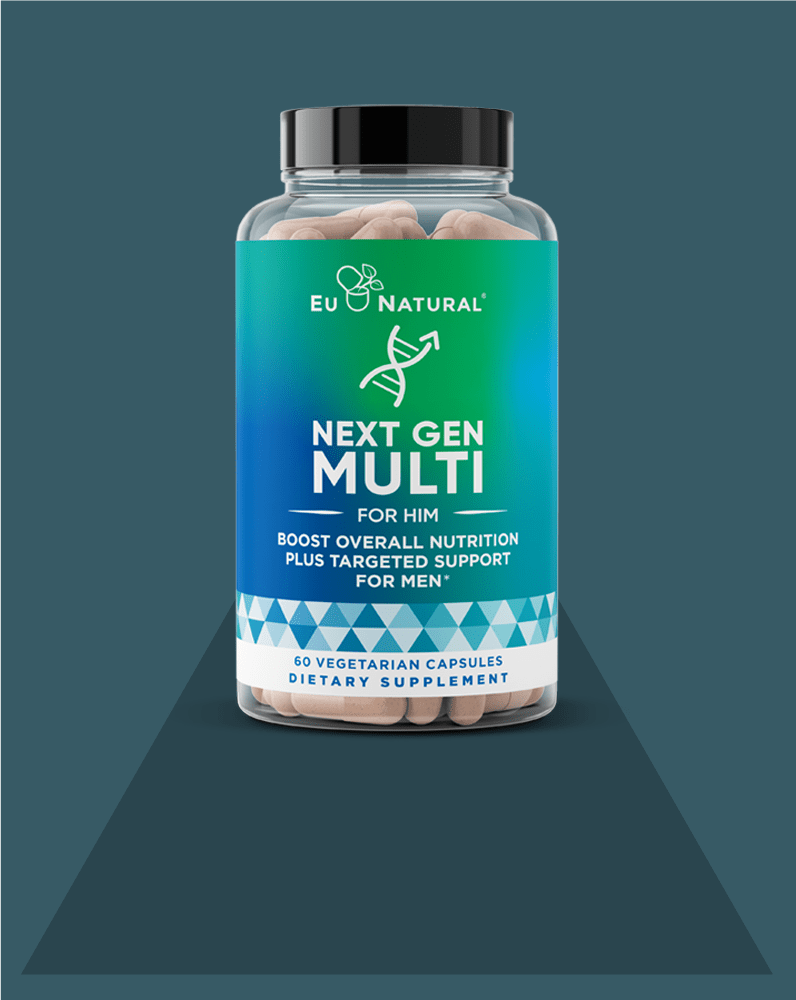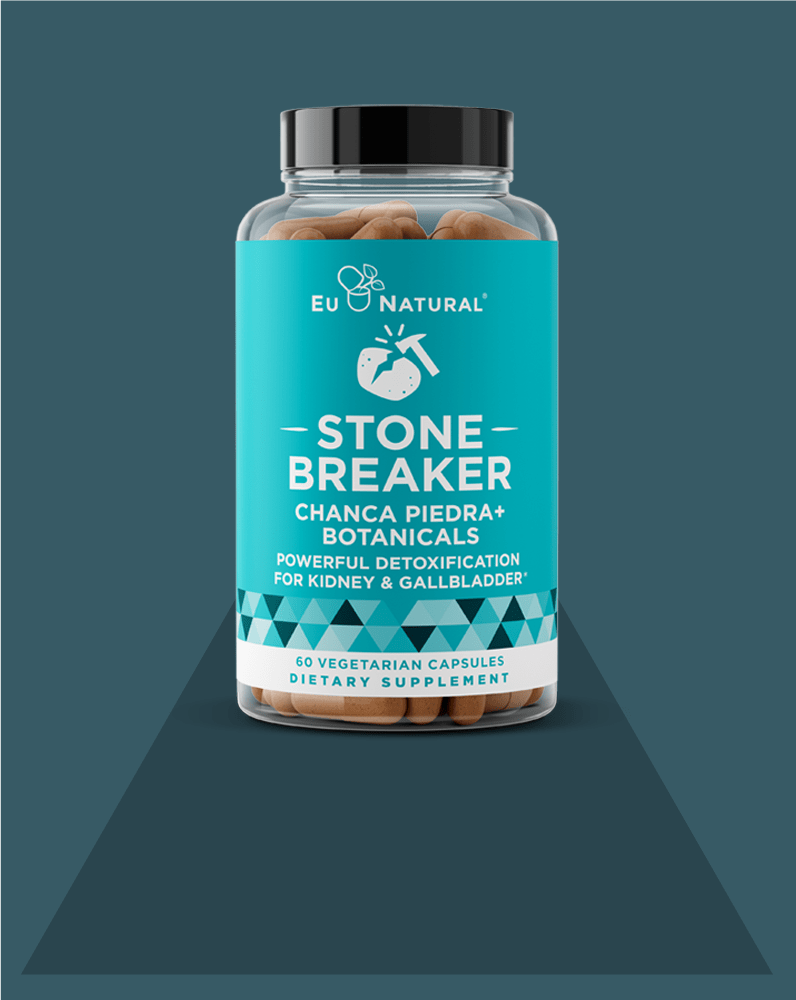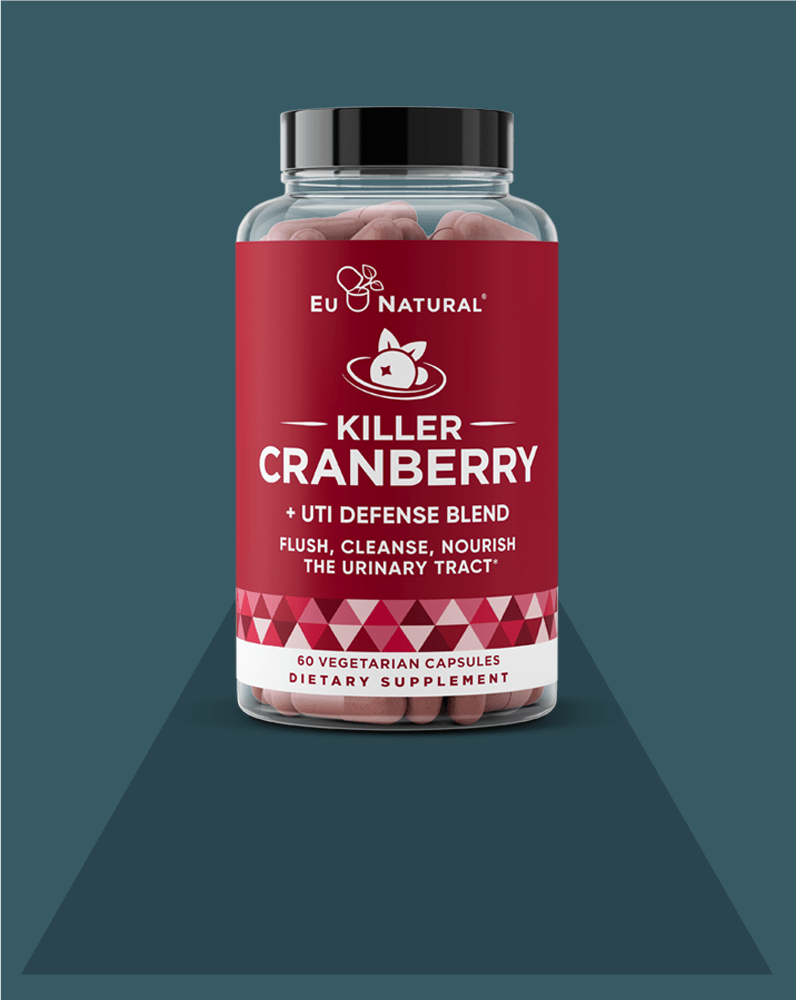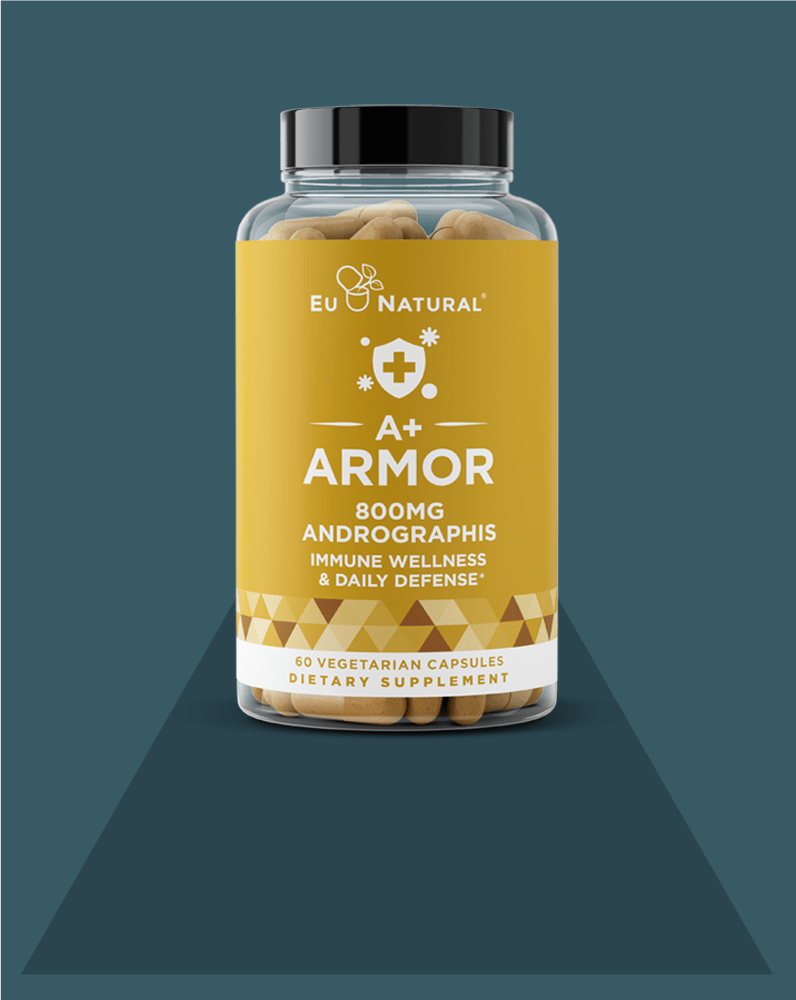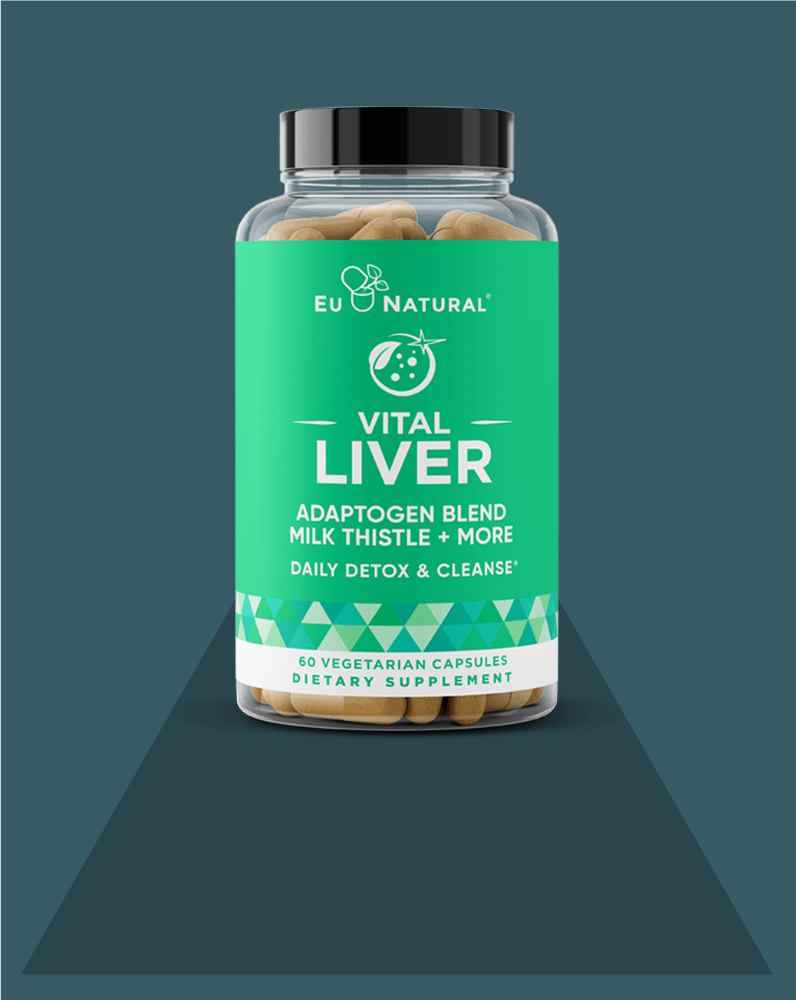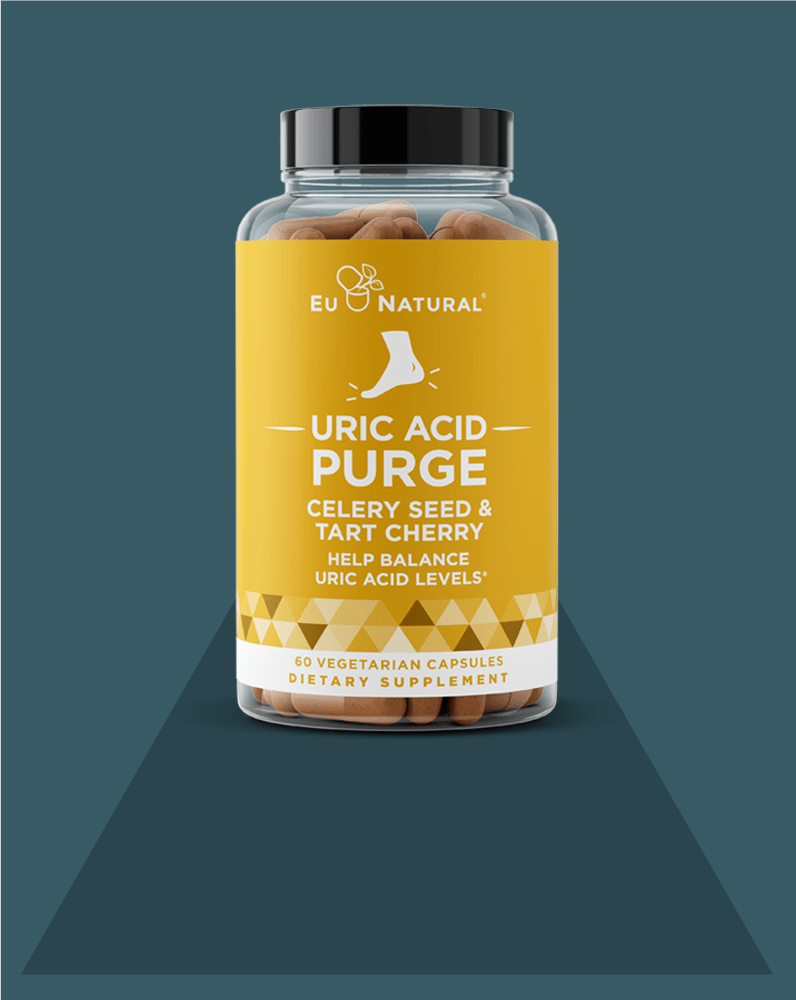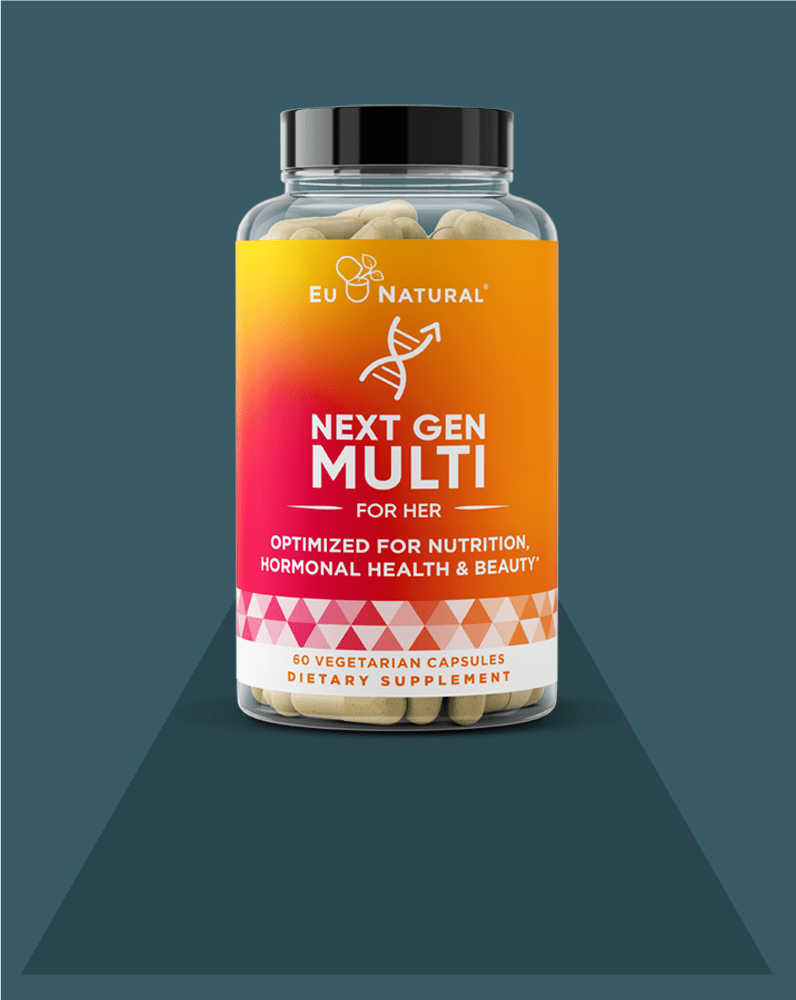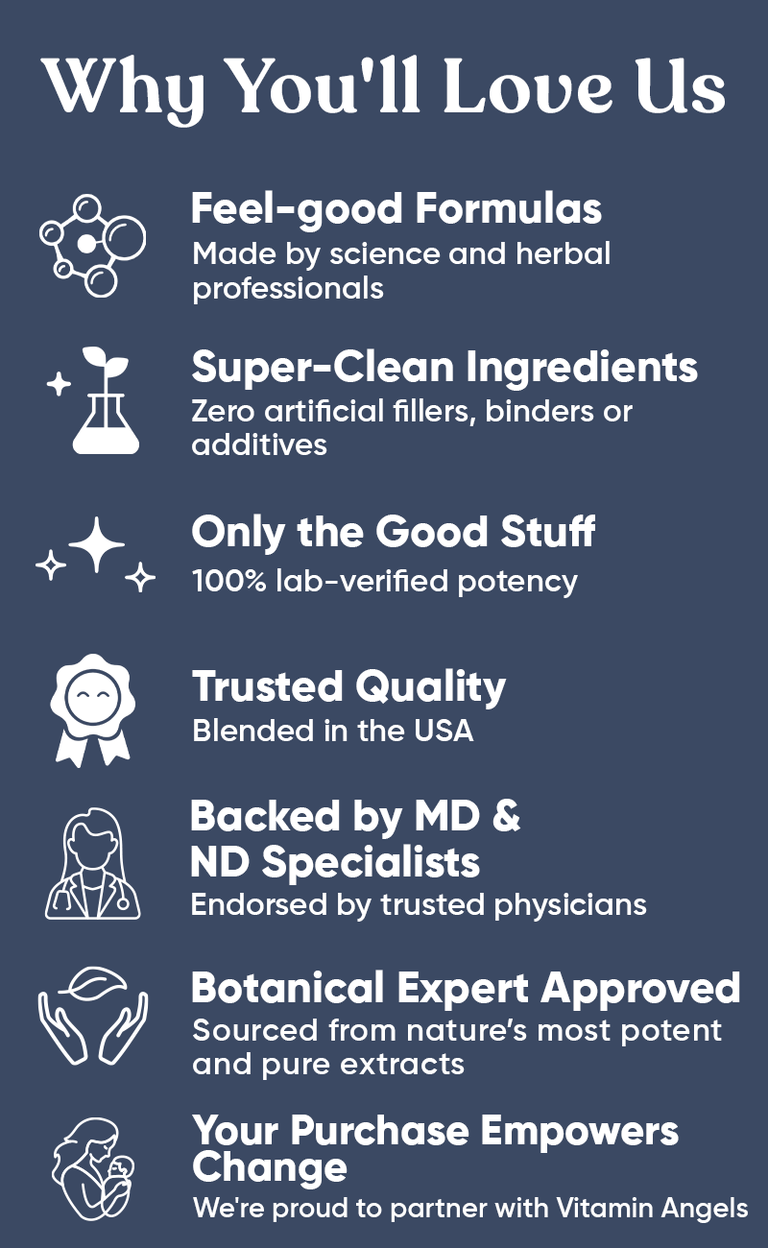Vitamin D
†1 https://www.ncbi.nlm.nih.gov/pubmed/29215595
‡ According to the authors, vitamin D supplementation could be a therapeutic option for patients with alopecia areata, female pattern hair loss, or telogen effluvium. However, further studies on a larger group of patients are required.
Vitamin E
†2 https://www.ncbi.nlm.nih.gov/pubmed/24575202
‡ This study focused specifically on tocotrienols, which are antioxidants in the vitamin E family. Only applies to specific dosage of the ingredient. More research is needed.
Folate
†3 https://www.ncbi.nlm.nih.gov/pmc/articles/PMC4828511/
‡ Researcher stated that folate plays a number of roles relative to hair health and keeping the follicle itself healthy. Multiple factors such as age, genetics, and lifestyle habits may affect levels.
Biotin
†4 https://www.ncbi.nlm.nih.gov/pubmed/28879195
‡ In cases of Biotin deficiency, supplementation may be beneficial.
Zinc
†5 https://www.ncbi.nlm.nih.gov/pubmed/23198010
‡ This study points out that low zinc may be associated with alopecia.
OptiMSM®
†6 https://www.ncbi.nlm.nih.gov/pmc/articles/PMC5372953/
‡ More research needed on a wider population.



